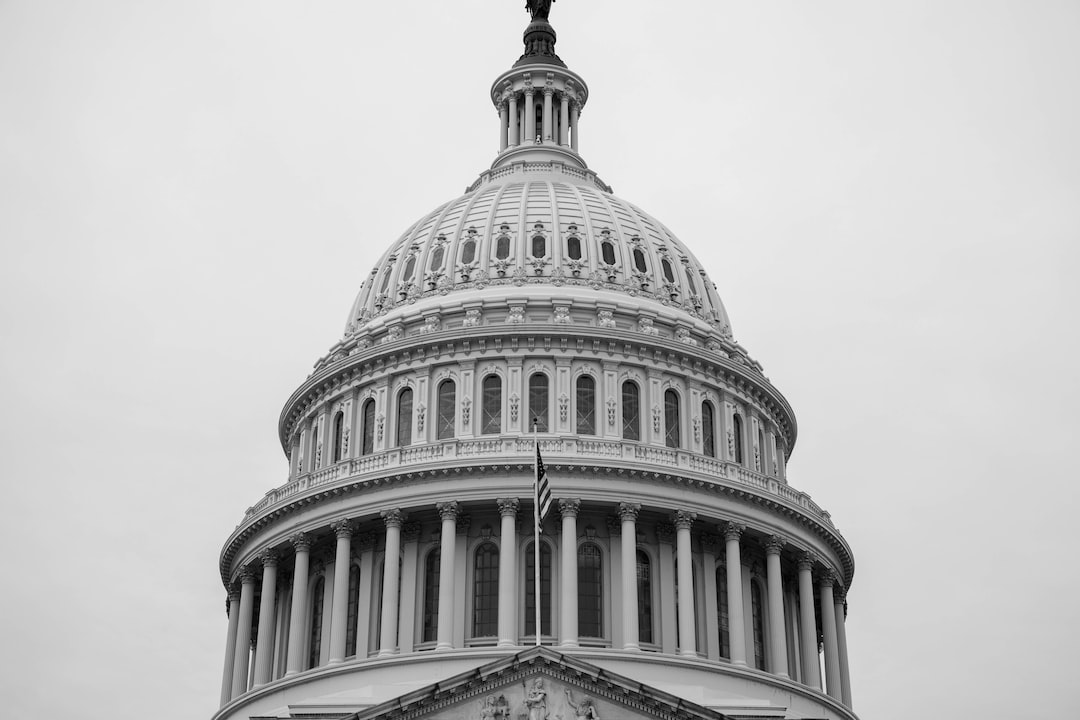Landlord-Tenant Law: Rights and Responsibilities of Both Parties
Renting a property is a common occurrence for millions of people around the world. Whether you are a tenant searching for a new place to call home or a landlord seeking to lease your property, understanding the rights and responsibilities of both parties is crucial. This article aims to shed light on landlord-tenant law and help both tenants and landlords navigate their legal obligations in a fair and informed manner.
For tenants, it is important to be aware of your rights as a renter. One fundamental right is the right to a habitable dwelling. This means that your rental property must meet certain basic standards, such as providing electricity, running water, and functioning heating and cooling systems. If these essential amenities are not available or not working properly, you have the right to request repairs from your landlord.
Another important right of tenants is the right to privacy. Landlords cannot enter your rented premises without proper notice, except for emergencies or when it is necessary to make repairs. They must also give you reasonable notice before terminating your tenancy or changing any rental terms. This allows you time to find alternative housing if necessary.
Additionally, tenants have the right to protection against discrimination. Landlords cannot refuse to rent to you based on factors such as race, ethnicity, religion, disability, or family status. If you believe you have been the victim of discrimination, you can file a complaint with the appropriate authority.
On the other hand, landlords also have rights that need to be respected. One of the primary rights is the right to collect rent on time. Rent is typically due on a specified date each month, and tenants are obligated to pay their rent in full and on time. Failure to do so may result in penalties or even eviction.
Landlords also have the right to receive their property back in the same condition it was rented out, with the exception of general wear and tear. This means tenants are responsible for maintaining the property and not causing any significant damage beyond what can be considered normal. If damage does occur, tenants are typically liable for the repairs.
Another right landlords have is the right to choose their tenants carefully. They can conduct background checks, ask for references, and even require a security deposit to protect their property. This helps ensure that the property is occupied by reliable and responsible individuals who will fulfill their obligations as tenants.
In addition to the rights, both tenants and landlords have certain responsibilities. Tenants are responsible for paying rent on time, as mentioned earlier. They are also responsible for keeping the property clean and in good condition. This includes regular cleaning, proper waste disposal, and promptly reporting any maintenance or repair issues to the landlord.
On the other hand, landlords have responsibilities such as maintaining the property and ensuring it meets safety and health standards. This includes repairing any structural issues, maintaining common areas, and ensuring the property is safe and secure for tenants. Landlords are also responsible for providing smoke detectors and fire extinguishers, as required by law.
It is worth noting that laws regarding landlord-tenant relationships may vary from country to country and even within different states or regions. Therefore, it is crucial to familiarize yourself with the specific laws and regulations applicable in your area to ensure you are fully informed.
In conclusion, understanding the rights and responsibilities of both tenants and landlords is essential for a harmonious and fair rental experience. Tenants have rights such as the right to a habitable dwelling, privacy, and protection against discrimination. Landlords, on the other hand, have rights such as collecting rent on time, receiving their property in good condition, and choosing responsible tenants. By knowing and respecting these rights and responsibilities, both parties can maintain a positive landlord-tenant relationship and avoid potential legal disputes.
